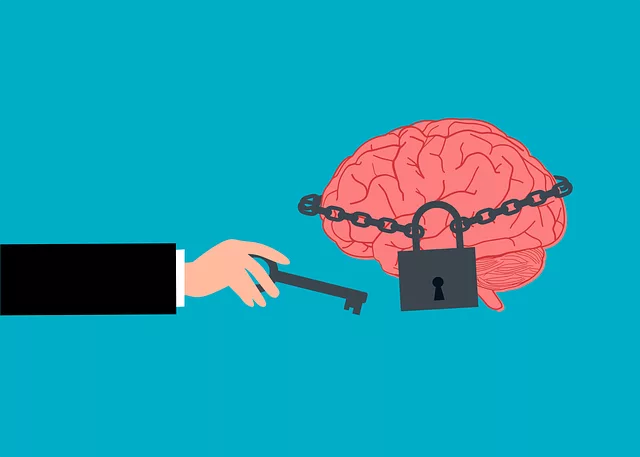Kaiser Permanente mental health Colorado Springs leads a comprehensive push for community well-being by addressing rising anxiety and depression rates among youth, breaking down stigmas through education and support systems. Their programs focus on anxiety relief, depression prevention, and long-term risk management, fostering resilience. In response to the significant global mental health crisis (affecting 1 in 4 US adults annually), Kaiser Permanente's initiatives—including Emotional Well-being Promotion, public awareness campaigns, and Community Outreach Programs (COPs)—bridge accessibility gaps, offering tailored support for diverse cultural needs.
Mental health advocacy initiatives are crucial in addressing the growing prevalence of mental health issues within communities. In this article, we explore how organizations like Kaiser Permanente are revolutionizing mental healthcare in areas such as Colorado Springs. By understanding the need – highlighted by the persistent barriers to access and the damaging impact of stigma – we can appreciate the significance of Kaiser Permanente’s commitment to community wellness. We delve into their specific programs, services, and partnerships, as well as their effective outreach strategies, offering a symphony of support for those in need.
- Understanding the Need for Mental Health Advocacy
- – Prevalence of mental health issues in communities
- – Barriers to accessing quality mental healthcare
Understanding the Need for Mental Health Advocacy

In today’s fast-paced world, understanding and addressing mental health issues is more critical than ever. Initiatives like Kaiser Permanente mental health Colorado Springs are at the forefront of this advocacy, focusing on comprehensive solutions to improve community well-being. The need for such programs arises from the growing recognition that mental health is not just an individual concern but a societal one as well. With rising rates of anxiety and depression, especially among younger demographics, there’s a pressing requirement to break down stigmas and promote open discussions about mental wellness.
Mental health advocacy initiatives play a pivotal role in providing support systems, educating the public, and offering resources tailored to specific needs. For instance, Kaiser Permanente’s programs emphasize not only anxiety relief and depression prevention but also equip individuals with tools for long-term risk management. This proactive approach ensures that mental health professionals are equipped with effective strategies to assist clients, fostering a more resilient and supportive community environment.
– Prevalence of mental health issues in communities

In many communities across the globe, mental health issues are a prevalent concern. According to recent studies, one in four adults in the United States experiences a mental health condition in any given year. This statistic underscores the urgent need for comprehensive mental health advocacy initiatives. Organizations like Kaiser Permanente have been at the forefront of this movement, particularly in areas such as Colorado Springs, where they’ve implemented various programs aimed at addressing these challenges.
The importance of mental health education and promotion cannot be overstated. Techniques like Emotional Well-being Promotion can help individuals recognize and manage their emotional states effectively. Similarly, well-designed Mental Health Education Programs can equip people with the knowledge and skills to support themselves and others. Additionally, Public Awareness Campaigns can break down stigma and encourage open conversations about mental health, fostering a more supportive and understanding community environment.
– Barriers to accessing quality mental healthcare

Accessing quality mental healthcare is often hindered by several factors that create significant barriers for many individuals. In areas like Colorado Springs, where organizations such as Kaiser Permanente play a crucial role in mental health services, there remains a gap between need and availability. These disparities can stem from economic constraints, lack of insurance coverage, or the stigma surrounding mental illness, which may deter people from seeking necessary support. Cultural competency among healthcare providers is another essential aspect that needs attention; training programs aimed at improving interactions between patients from diverse backgrounds and their caregivers can substantially enhance accessibility.
The implementation of Community Outreach Programs (COPs) can serve as a powerful tool to address these barriers. COPs, focusing on education, support groups, and Inner Strength Development initiatives, have the potential to bring mental health services directly to underserved communities. By fostering trust, reducing stigma, and providing resources tailored to specific cultural needs, these programs ensure that quality mental healthcare becomes more accessible to all, regardless of their background or circumstances.
Mental health advocacy initiatives, such as those supported by organizations like Kaiser Permanente in Colorado Springs, are crucial in addressing the prevalent issues within communities. By breaking down barriers to access and raising awareness, these programs ensure that individuals receive the necessary support and care for their mental well-being. Advocacy efforts play a vital role in fostering inclusive and resilient communities where everyone has the opportunity to thrive.






